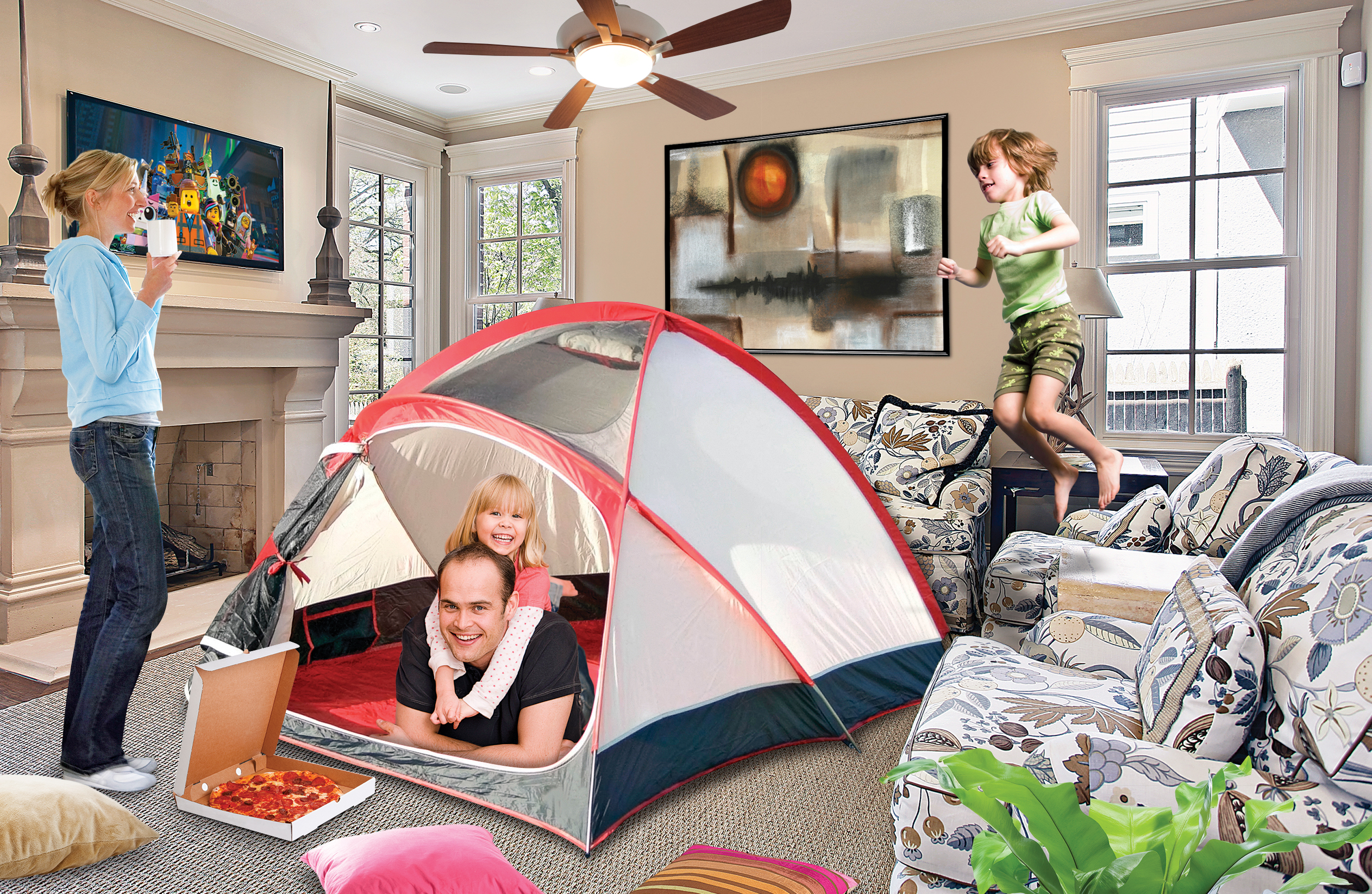Hometown advantage: Staycation
To make it work, you need to unplug from your regular routine.
Advertisement
To make it work, you need to unplug from your regular routine.

Share this article Share on Facebook Share on Twitter Share on Linkedin Share on Reddit Share on Email